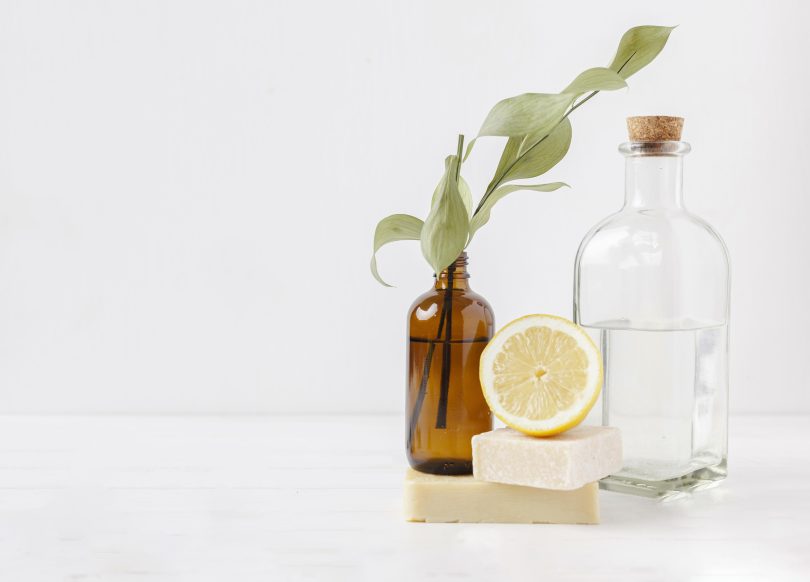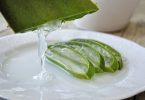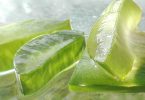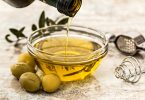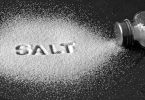Step into the world of white vinegar, where a humble liquid holds the power to conquer germs and refresh your surroundings. Like a mighty shield, white vinegar stands tall as a natural disinfectant, its anti-bacterial properties ready to wage war against harmful microorganisms.
But that’s not all – it also boasts anti-viral benefits, ensuring that no sneaky viruses can escape its grasp. And if that wasn’t impressive enough, white vinegar goes beyond mere disinfection, actively preventing the growth of mold and mildew.
But we’re just scratching the surface here – there’s so much more to discover about the versatile qualities of white vinegar, so why not take a journey with us and uncover its hidden secrets?
Natural Disinfectant
To effectively clean and sanitize your home without harsh chemicals, consider using a natural disinfectant like white vinegar.
White vinegar is a versatile and powerful cleaning agent that can effectively eliminate bacteria, viruses, and other harmful microorganisms from various surfaces in your home.
One of the main benefits of using white vinegar as a natural disinfectant is its ability to kill germs without leaving behind any toxic residue. Unlike conventional chemical disinfectants, white vinegar is non-toxic and safe to use around children and pets. It’s also an eco-friendly choice as it doesn’t contribute to air or water pollution.
The acetic acid present in white vinegar is the key ingredient that gives it its disinfectant properties. This acid has antimicrobial properties that can help to kill bacteria and viruses. Simply mix equal parts of white vinegar and water in a spray bottle, and you have a powerful natural disinfectant ready to use.
White vinegar is particularly effective at removing stains, odors, and mold from surfaces like countertops, floors, and bathroom fixtures. It can also be used to clean and disinfect kitchen appliances, cutting boards, and other food preparation surfaces.
Using white vinegar as a natural disinfectant isn’t only effective but also cost-effective. It’s readily available in most grocery stores and is significantly cheaper than commercial disinfectants.
Anti-bacterial Properties
White vinegar’s anti-bacterial properties make it an effective natural disinfectant for eliminating germs and bacteria from various surfaces in your home. When you’re trying to keep your living environment clean and free from harmful microorganisms, white vinegar can be a powerful ally.
Its acidic nature helps to break down the cell walls of bacteria, preventing their growth and spread. By using white vinegar as a disinfectant, you can effectively kill common bacteria, such as E. coli and Salmonella, which can cause foodborne illnesses.
To use white vinegar as an anti-bacterial disinfectant, simply mix equal parts vinegar and water in a spray bottle. Spray the solution onto surfaces, such as kitchen countertops, cutting boards, and bathroom fixtures, and let it sit for a few minutes before wiping it clean. The acetic acid in white vinegar will work to kill the bacteria, leaving your surfaces clean and safe.
It’s important to note that while white vinegar is effective against bacteria, it may not be as effective against viruses. For viral disinfection, it’s recommended to use a different type of disinfectant. However, when it comes to bacteria, white vinegar’s anti-bacterial properties make it a reliable and affordable option for keeping your home clean and germ-free.
Anti-viral Benefits
Using white vinegar as a disinfectant has its limitations, as it may not be as effective against viruses, but it does offer anti-viral benefits in certain situations.
While white vinegar is known for its powerful antibacterial properties, it also possesses some anti-viral qualities that can help in preventing the spread of certain viruses.
White vinegar contains acetic acid, which has been found to have some effectiveness against viruses. Studies have shown that acetic acid can help in inhibiting the growth and replication of certain viruses, including the influenza virus and the herpes simplex virus. However, it’s important to note that the anti-viral benefits of white vinegar may vary depending on the specific virus and the concentration of acetic acid present.
It is worth mentioning that white vinegar shouldn’t be solely relied upon as a disinfectant against viruses. While it may offer some level of protection, it’s always best to use a combination of measures, including proper hand hygiene, surface cleaning, and the use of approved disinfectants specifically designed to target viruses.
Additionally, it’s crucial to follow the guidelines provided by health authorities and consult with professionals when dealing with viruses, especially in high-risk situations.
Mold and Mildew Prevention
Preventing mold and mildew growth can be achieved by implementing proper cleaning and ventilation practices.
When it comes to cleaning, make sure to regularly clean surfaces prone to mold and mildew, such as bathroom tiles, shower curtains, and window sills. White vinegar, with its natural disinfectant properties, can be used as an effective cleaning agent. Simply mix equal parts of white vinegar and water in a spray bottle, and spray it onto the affected surfaces. Let it sit for a few minutes before wiping it clean with a cloth or sponge.
This won’t only remove any existing mold or mildew but also help prevent their future growth.
Additionally, proper ventilation is crucial in keeping mold and mildew at bay. Make sure to open windows and use exhaust fans in areas with high humidity, such as bathrooms and kitchens. By allowing fresh air to circulate and moisture to escape, you can create an environment that’s inhospitable to mold and mildew.
Surface Cleaning
To effectively maintain a clean and healthy environment, regularly cleaning surfaces is essential. By incorporating white vinegar as a disinfectant, you can ensure that your surfaces are thoroughly cleaned and free from harmful bacteria. White vinegar is a natural and cost-effective solution that possesses excellent cleaning properties.
To begin the surface cleaning process, mix equal parts of white vinegar and water in a spray bottle. This solution can be used on various surfaces such as countertops, sinks, and floors. Simply spray the mixture onto the surface and wipe it clean with a damp cloth or sponge. The acetic acid in white vinegar acts as a powerful disinfectant, killing germs and bacteria on contact.
White vinegar is particularly effective in removing stains and odors. It can be used to clean windows, mirrors, and glass surfaces, leaving them streak-free and sparkling. Additionally, it can be used to clean kitchen appliances, cutting through grease and grime effortlessly.
Regular surface cleaning using white vinegar can help prevent the spread of illness-causing germs and maintain a hygienic living space. Remember to always test the vinegar solution on a small, inconspicuous area before applying it to larger surfaces. So, make white vinegar your go-to disinfectant and keep your surfaces clean and germ-free.
Air Purification
Consider incorporating natural methods for air purification to improve the quality of the air you breathe in your home. Indoor air pollution can be a major health hazard, leading to respiratory problems, allergies, and other illnesses. Luckily, there are several natural ways to purify the air in your living space.
Firstly, houseplants are a fantastic addition to any home as they not only add a touch of greenery but also help purify the air. Plants like aloe vera, snake plants, and peace lilies are known for their air-purifying properties and can help remove toxins such as formaldehyde and benzene.
Secondly, using essential oils in a diffuser can’t only make your home smell amazing but also help cleanse the air. Essential oils like eucalyptus, tea tree, and lavender have antimicrobial properties that can help eliminate airborne bacteria and viruses.
Additionally, regularly opening windows and allowing fresh air to circulate throughout your home can greatly improve indoor air quality. This simple act helps remove stagnant air and brings in fresh oxygen, reducing the concentration of indoor pollutants.
Lastly, consider investing in an air purifier with a HEPA (High-Efficiency Particulate Air) filter. These devices can effectively capture and remove airborne particles, allergens, and pollutants, ensuring cleaner and healthier air for you and your family.

